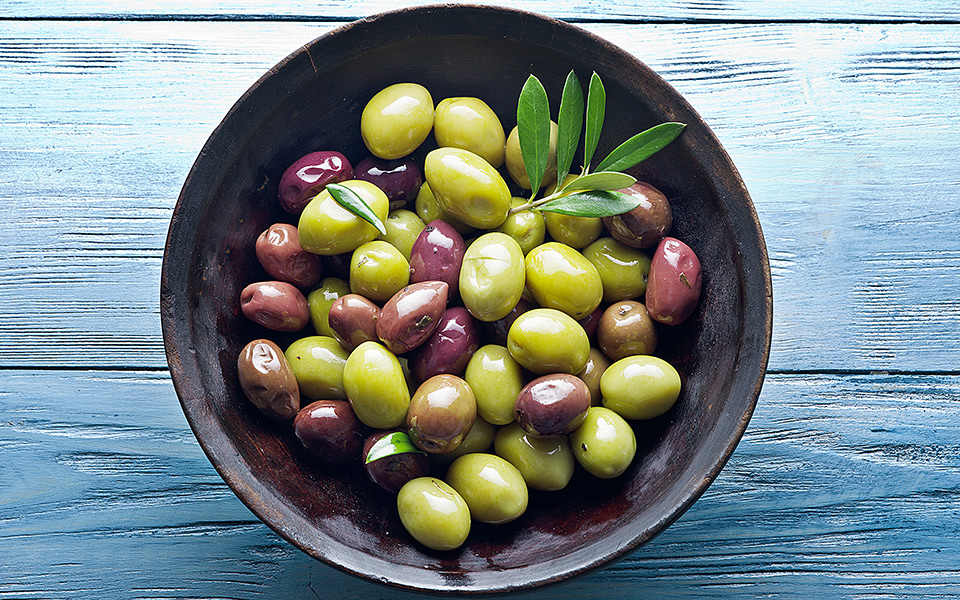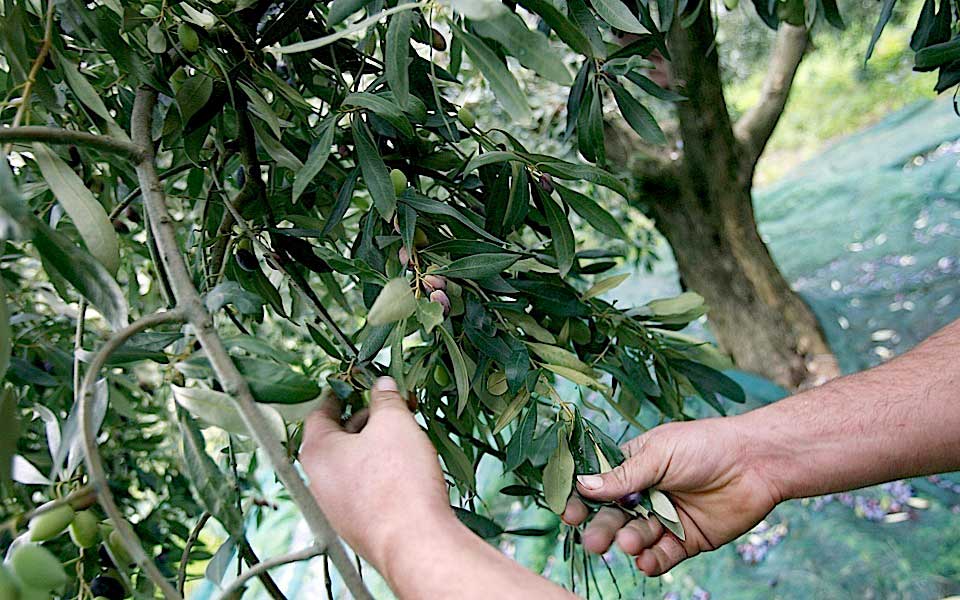Researchers at the Yale School of Public Health, in collaboration with researchers from the Department of Cardiology at the Yale School of Medicine, have announced that they are undertaking a new research project on the health benefits associated with the daily consumption of table olives.
This research project is being carried out in the framework of activities related to the establishment of the proposed Yale Olive Sciences and Health Institute (YOSHI).
The mission of the proposed institute is the scientific exploration of the olive tree, its products and their derivatives, and ways to further integrate the fruit and its products into people’s nutrition. Through academic, public and industry partnerships, YOSHI will foster the investigation and dissemination of evidence-based best practices and guidelines pertaining both to sustainable olive and olive oil production and usage, and their downstream health benefits. The idea and mission of the institute has been widely supported by more than 70 international and national academic, research and private bodies active in this field.
The research project is led by two prominent Greek professors from the Yale School of Public Health, Dr Vasilis Vasiliou, chair of the Department of Environmental Health Sciences, and Dr Tassos C. Kyriakides, a researcher in epidemiology, biostatistics and clinical trials.
The title of the study is “Olives for Health” and its purpose is to assess health benefits from the daily consumption of table olives.

For the research project at Yale, organic Kalamata table olives with high polyphenol content have been selected, grown by Sakellaropoulos Organic Farms (www.bioarmonia.gr) in Laconia.
These are organically grown olives, produced without pasteurization. They undergo a natural fermentation process without chemical additives or preservatives. The olives have superior organoleptic and quality characteristics, as confirmed by Sakellaropoulos Organic Farms’ top awards received at high-profile national and international competitions.
Additionally, Sakellaropoulos Organic Farms’ organic Kalamata olives have extremely high levels of phenols, namely hydroxytyrosol and tyrosol. Of note, tyrosol and hydroxytyrosol are known for their antioxidant and cardioprotective properties.
This article was previously published at ekathimerini.com.












